Recently, several news pieces circulated among local Jamaican newspapers highlighting the concern that the Jamaica Hotel and Tourist Association (JHTA) held in regards to Cuba & “unregulated” guesthouses in Jamaica. Such reports spawned a whirlwind of mixed reactions from readers in Jamaica and abroad…
Indeed, we are living in an interesting time where the dynamics around travel have significantly changed in recent years. We are now more connected with technology, mobile devices and the internet. Airlines have recognized that affordability is key, giving birth to a wave of low cost wings that now fly between destinations all around the world. Another fascinating facet has been the boom of accommodation options: “travelers” and “tourists” alike are seeking new options that break from the classic hotel or resort experience. This has been clearly illustrated in the successful Airbnb phenomenon- that seems to be growing in popularity in Jamaica as well. Lastly, political situations continue to influence how we travel and one of the most recent and exciting changes has been the re-opening of Cuba’s doors to American tourists. So this leads us to the gripping question of: what happens next?
Should we embrace or reject all these changes? Are issues such as Cuba and guesthouses a concern for Jamaica? The answers seems to be “yes” for the JHTA… On that note, let’s step back and look at the Caribbean region as a whole.
Who flies to the Caribbean? According to tourism reports, Canadians lead the way- followed closely by the US and Europe (source: Caribbean Tourism Organization). The top three most visited islands in the region, in descending order of importance, are the Dominican Republic, Cuba and Jamaica. With these basic facts, is Cuba going to become a major “threat” for Jamaica?
Many are arguing that if anyone needs to worry, it’s the Dominican Republic- not Jamaica. In terms of travel experiences, the D.R overlaps Cuba in a number of ways- cigars, baseball culture, language etc… What D.R produces, Cuba produces too. In fact, Arturo Martinez Moya – a former economist at the central bank – has often stated that “we (D.R & Cuba) live on two identical islands”. In that respect, D.R and Cuba are somewhat – yet not entirely- similar, not only in terms of economic growth but also as a destination for travelers. Cuba is thus a relevant source of concern for the D.R. Is this the case for Jamaica as well? To look at the glass half full, maybe not. Here’s why:
CULTURE. Culture is a very broad term- so here we will highlight a few aspects. First and foremost, the most obvious difference between Cuba & Jamaica is the language and the respective Hispanic vs Anglo-colonial impact in each country. Albeit it may be a “basic” variation, this core difference produces subtle characteristics that makes Cuba “Cuba” and Jamaica “Jamaica”. Language has always been a major connector- and the connection cannot be made between both countries in this case. Religion- which is so predominant on both islands- also completely sets them apart. On the one hand, we have a largely Catholic country while on the other, a predominantly Protestant nation. All these elements combined will lead to completely different and unique travel experiences which implies that Cuba and Jamaica are not in direct competition.
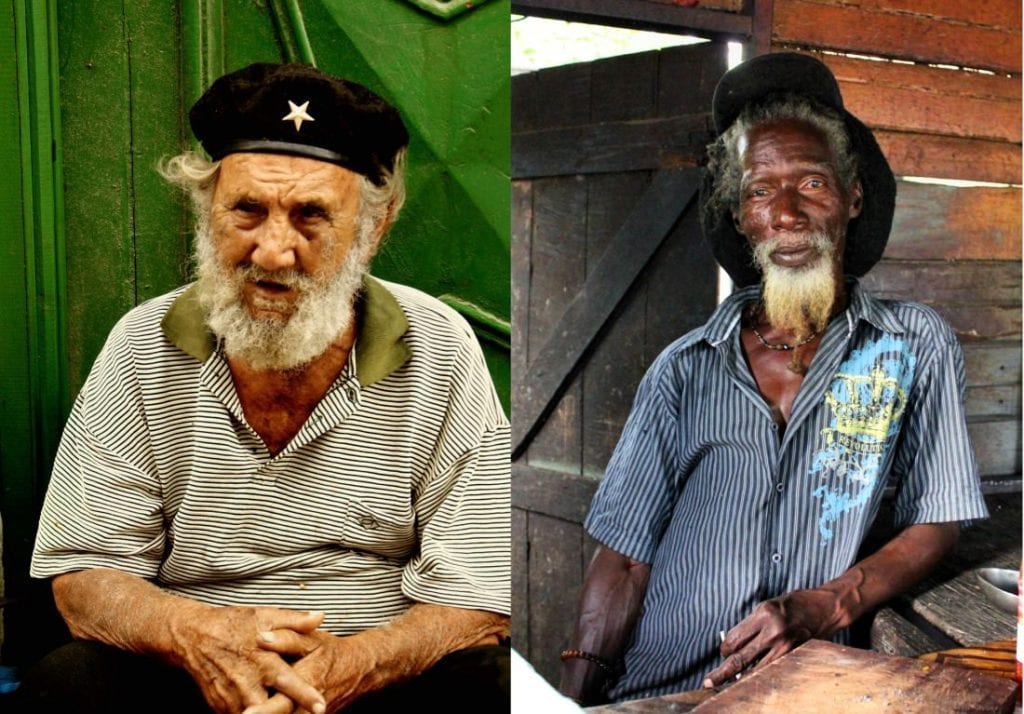
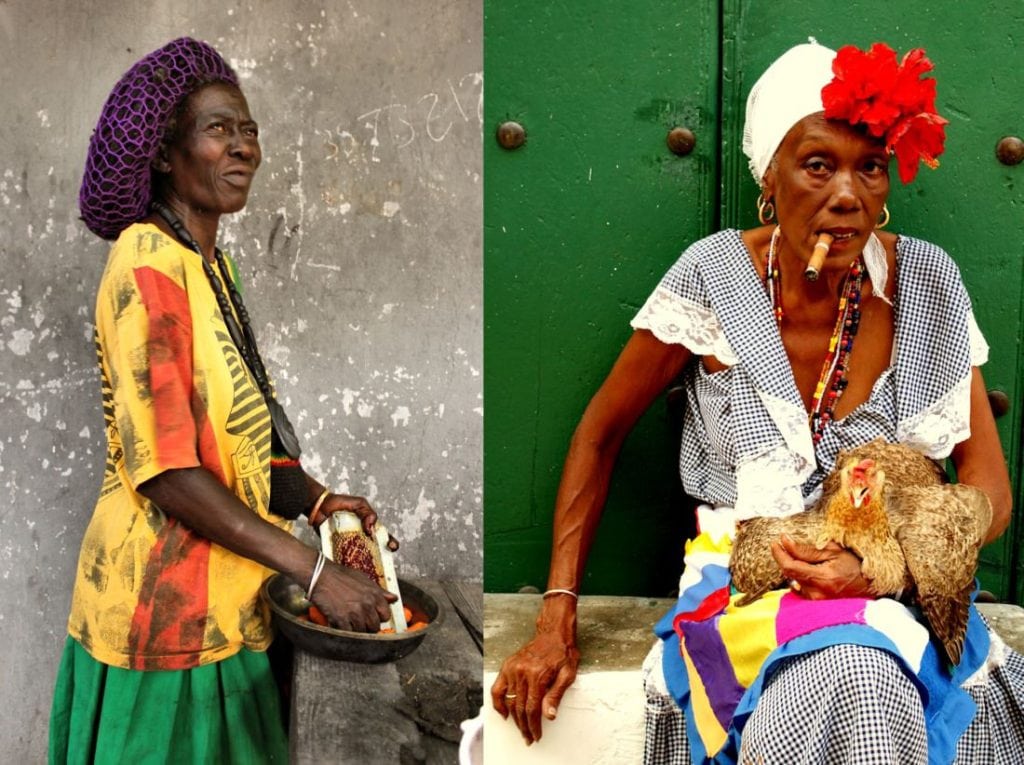
POLITICAL HISTORY. Cuba has a deeply rooted history in communism which creates a powerful magnet that draws so many curious visitors from around the world. From the markings of Fidel Castro and Che Guevara on every twist and turn to revolutionary slogans, “rationed” purchasing culture or a restricted culinary culture, Cuba and Jamaica share little in common- and again, will offer completely different environments for travelers.

NATURE. Although Mother Nature has blessed both islands with stunning sights, it has been claimed time and time again that the diversity in nature is far more evident in Jamaica. Rivers, mountains, waterfalls, beaches, flora & fauna… Jamaica holds these in a most unique and compelling way that is rarely found across other Caribbean nations.
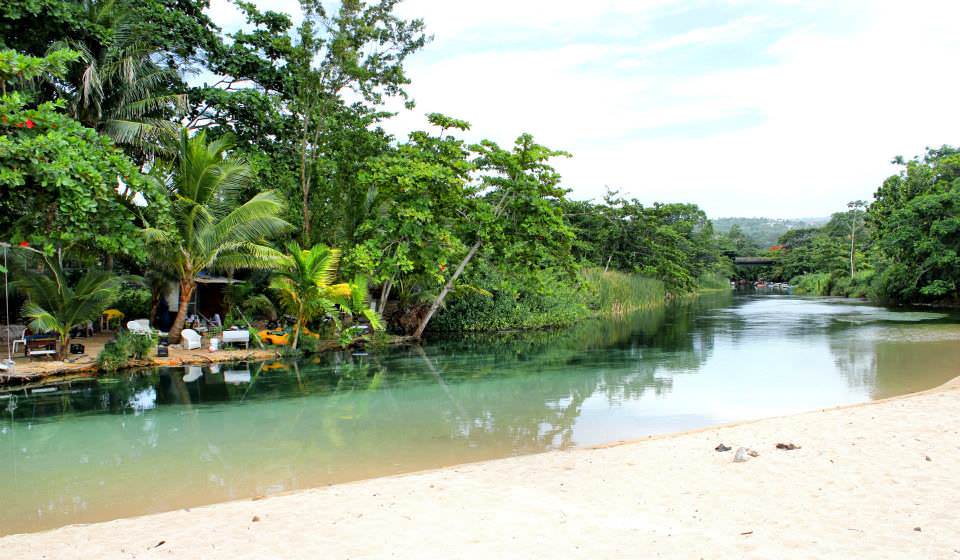
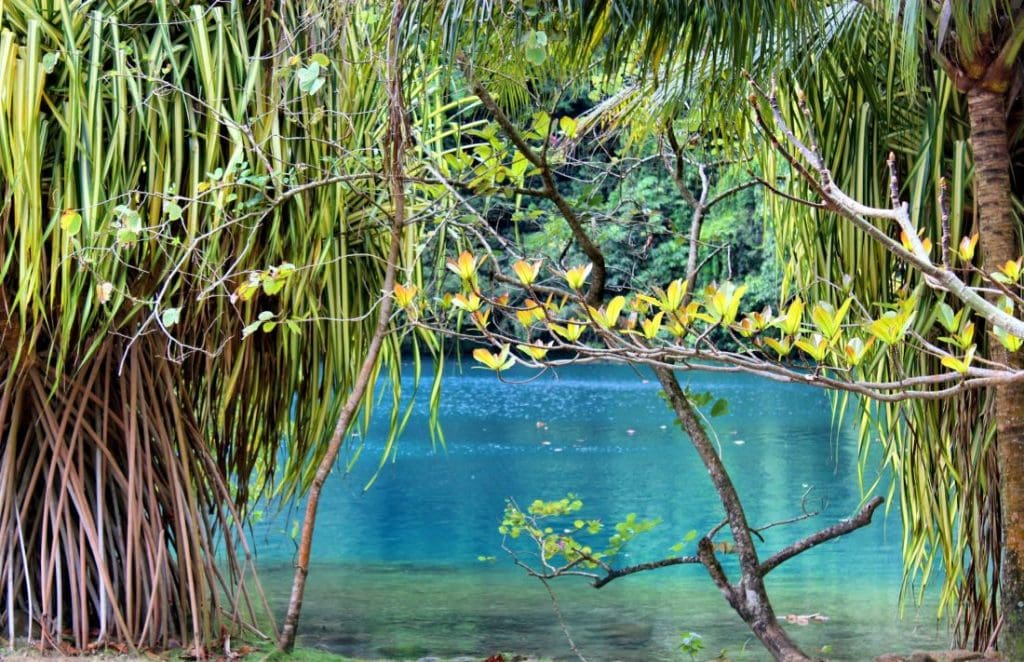
COST. Cuba is –in most cases- cheaper then Jamaica. But according to many industry specialists, Cuba still has a long way ahead to develop its services to even match those that are offered in other Caribbean countries. Once these features improve, the cost of traveling to Cuba will increase, no longer making it such an “affordable” destination.
INFRASTRUCTURE. Electricity, internet, cell phone network etc… with all due respect, all these “comforts” are very “basic” in Cuba- and at times non-existent in most places. Yet in Jamaica, despite the occasional glitch, such aspects are much more accessible for the average tourist. In today’s time & age, these elements are crucial for the 21st century traveler. Take the internet for instance: reports have repeatedly highlighted that internet access is the most important amenity for both business & leisure travelers- particularly American tourists who now have Cuba as a new destination option. Again, it becomes difficult to compare Cuba & Jamaica as tourism destinations.
MUSIC. Reggae vs Salsa. Such powerful musical heritage compare like apples to oranges. Two completely different genres that attract different travelers. Additionally, reggae distinguishes itself as not only music, but as an entire universe that encapsulates Rastafarianism, Ital food and other distinctive lifestyle elements.
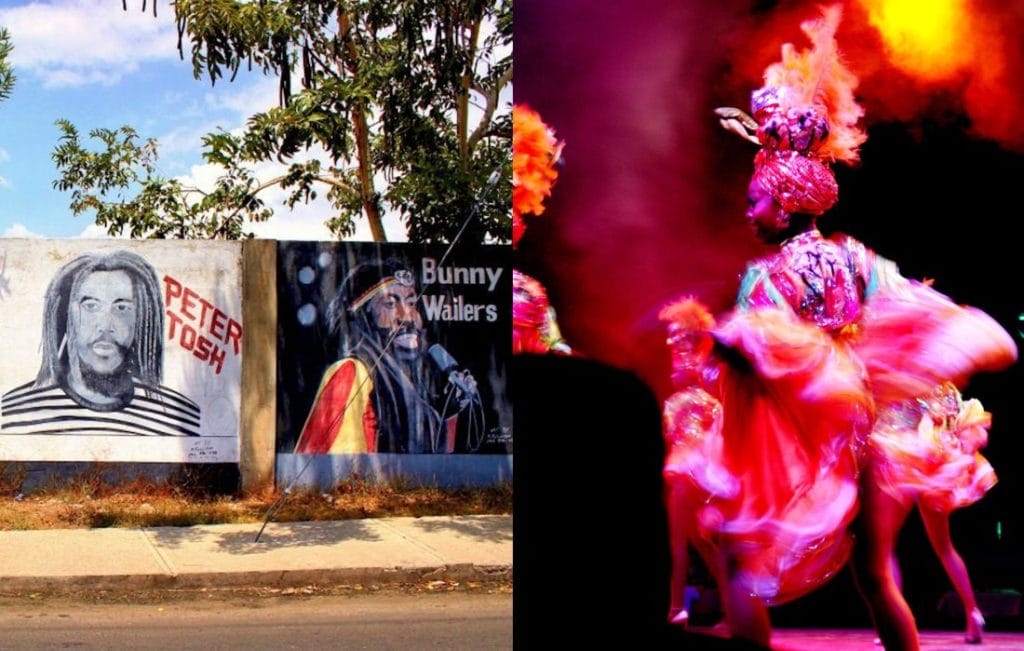
ARCHITECTURE / URBAN LANDSCAPE. Travelers going to Cuba are craving the sights of vintage cars and the eclectic Moorish, Art-Deco, Art-Nouveau and Neo-Classical architecture. Although Jamaica presents stunning architecture, it may not be as center-stage to the same degree as it is in Cuba.
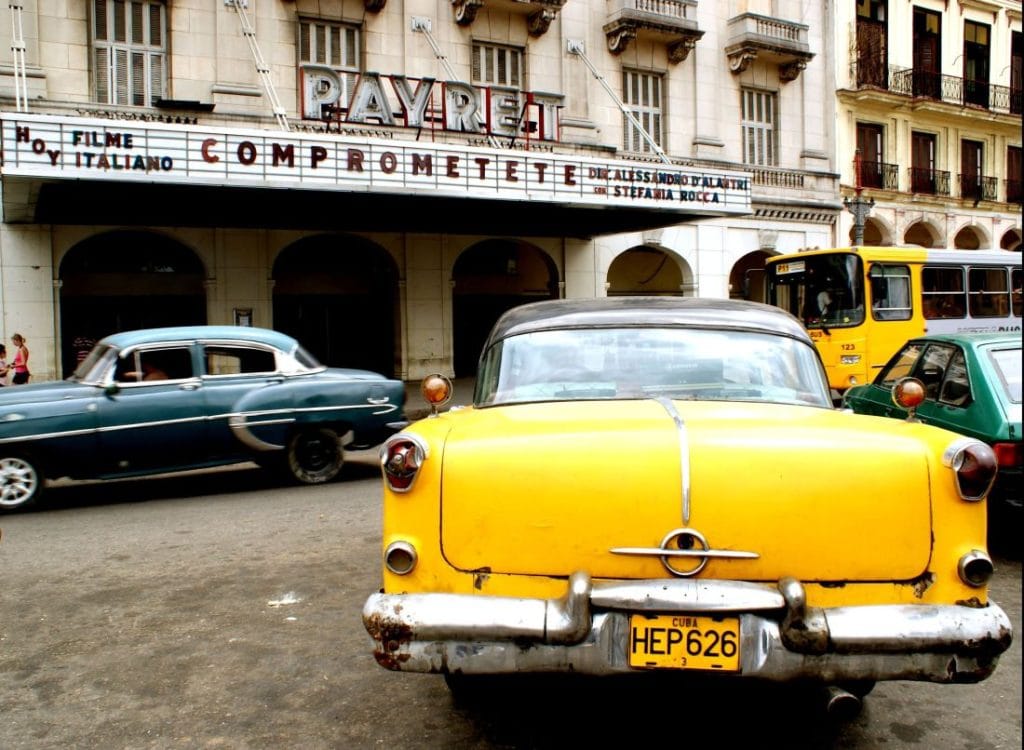
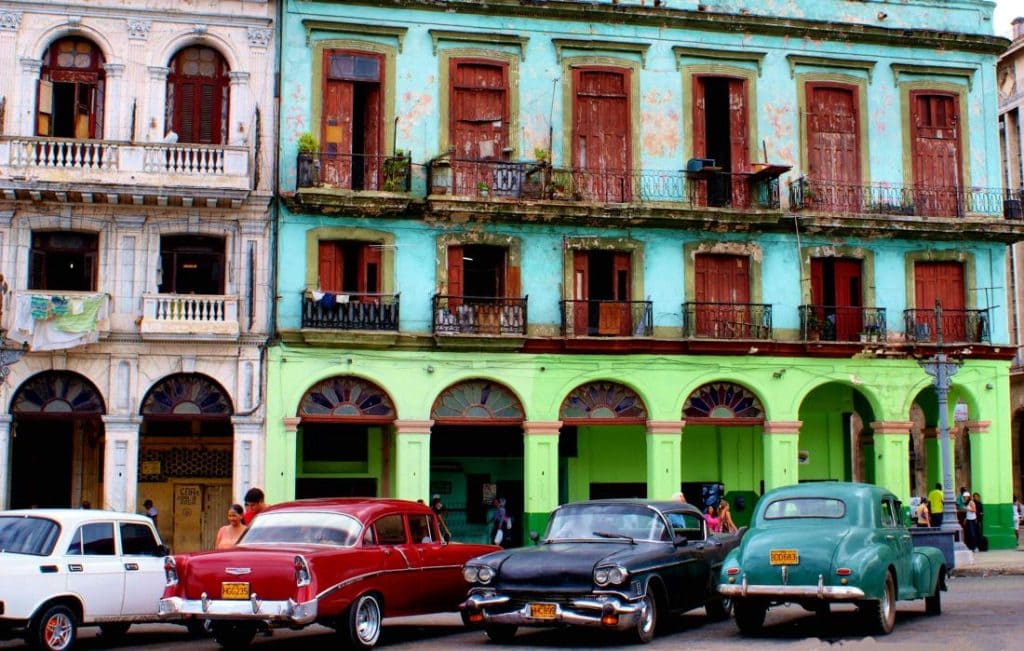
And last but not least… CIGARS & GANJA. This should speak for itself!
So in a nutshell- Cuba & Jamaica attract two different travelers and do not compete directly with one another. Although they are both in the Caribbean, they are certainly not the same. People do not go to North America assuming that the U.S & Canada are alike… or to Asia expecting that China & Japan are the same… so why should that be the case for Cuba & Jamaica?
Despite the concerns that many Caribbean islands share around Cuba’s potential surge as a booming destination, many tourism experts claim that the full impact may not be felt until a couple of years… which gives Jamaica the time to finesse its current assets and focus on its future potential as a major player in Caribbean tourism. As a matter of fact, opening Cuba could actually attract more attention to the Caribbean region as a whole- an opportunity to embrace!
As for the question of “informal guesthouses”, Jamaican tourism must work WITH travel realities- and not AGAINST them. Shutting down guesthouses could backfire on many levels. There is tremendous opportunity in protecting guesthouses or supporting Airbnb hosts: they are part of today’s world and create a beneficial domino effect for local businesses, restaurants, shopkeepers, etc. For example, consider the changes observed in other destinations: Athens, for instance. The capital of a beautiful country that has been wrecked economically in the last few years. Platforms like Airbnb have boosted the local economy by 69 million euros, supporting over 1,000 jobs and is attracting new visitors to Athens (source: GTP). New accommodation alternatives complement the existing tourism industry and help spread the economic benefits across Athens to new neighborhoods and small businesses. Countries around the world have quickly come to realize the benefits of welcoming novel accommodation avenues- Cuba being the most recent with listings now available on Airbnb… and this will come as an addition to its already existent network of informal guest houses, commonly known as “casa particulares”.
What we hope is that Jamaica may continue to offer new accommodation options while capitalizing on its greatest assets and tapping into trends like adventure tourism, creative tourism, athletic tourism, whole-living and the unstoppable millennials. The latter are seeking distinctive experiences, often stating that their reasons to travel are to “live like a local” and “increase their knowledge”- in other words: to discover the REAL JAMAICA. Guesthouses can be the solution to this large and growing travel segment and benefit traveler, host, and the local economy.
In conclusion, it comes down to the one golden rule and the greatest lesson in tourism which is: give travelers the experience they are looking for. Cuba & informal guesthouses may not be the main threat here… The real peril lies in how Jamaica can effectively adapt with today’s travel realities so that tourism can continue flourish in Jamaica’s future growth & economy.
What are your views on Cuba and informal guesthouses?
Share your comments with us- we would love to hear from you!
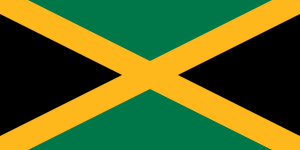
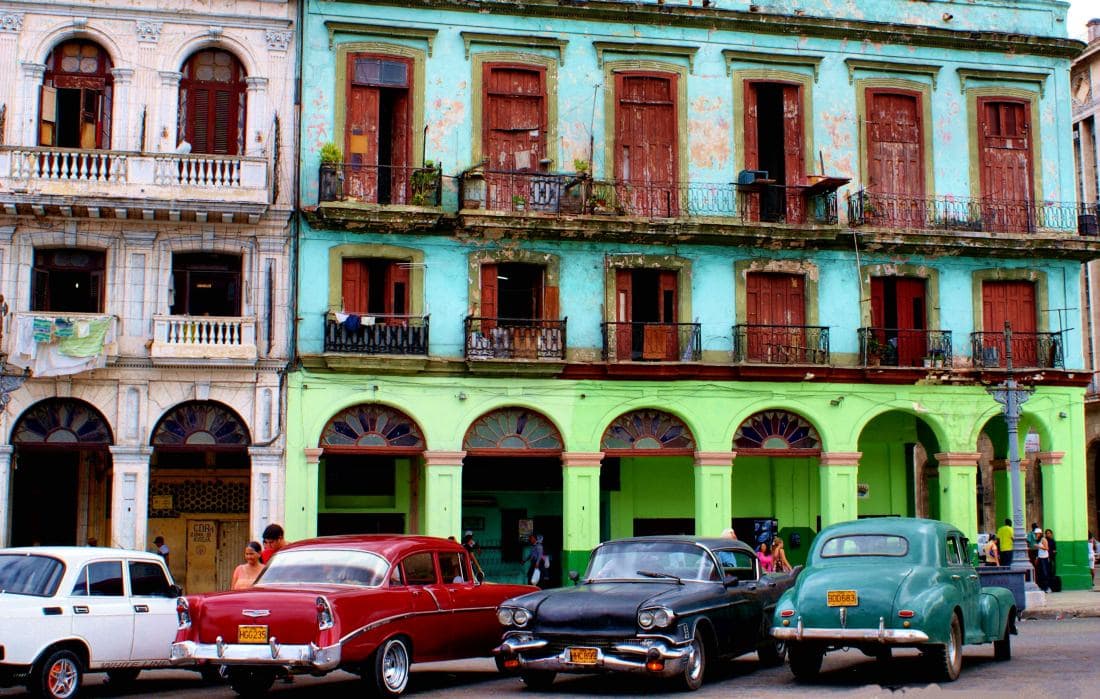
7 comments
Shari
I love guesthouses but Jamaica also needs more hostels too for meeting new people. Some tourists find it difficult to travel by themselves and use hostels to meet up with people. Not many hostels are in Jamaica, and if they are they are in awkward places. So yes to guesthouses because they provide a cheaper alternative to hotels but more hostels too please
I am She
Shari, I am planning to open a hostel. What do you mean by “they are in awkward places”? I am open to any suggestions and hope that I won’t be opening my hostel in an area that that market doesn’t appreciate. What would you like to see in a hostel in Jamaica?
Shari
What I meant by awkward locations is that you can’t have a hostel up in the hills of Stony Hill and expect tourists to walk down the road to the bus stop (I’ve seen one in Norbrook and realised you had to take a taxi each time to go up and down the hill!) Backpackers tend to be budget travellers. If for safety you can’t have the hostel close to an attraction or to travel links, at least offer tours. Unless your hostel is going to be the attraction that people are willing to travel to (e.g. case elemento in Minca, Colombia) i think it helps to think about what budget travellers are after. A hostel is not a hotel – there needs to be a vibe, a sense of community, safety and fun. Free breakfasts, wifi, female only rooms, tours desk, environmentally aware of trash, daily activities (e.g. monday movie night) and a book exchange are things i look for in a hostel. I noticed that good hostels tend to be people who travel themselves and have a passion for the environment
I am She
I definitely understand what you are saying, especially regarding taxis. I know backpackers are budget travelers and prefer somewhere they can walk to, even if it is a 15-20 minute walk or at least where there is cheap and easy pubic transportation. I will definitely keep that and all that you said in mind when creating my hostel. I hope one day you will be one of the travelers I host 🙂
isl;andgirl
Not everyone likes to be in a hotel, A guest house or bed&breakfast experience are more enjoyable for some as they are able to have a different and more personal view of the country.It would also give some locals the opportunity to generate some revenue.. Hopefuly the Government will encourage this and not once again support only big business who very often import alot of their produce and do not support the locals to a significant extent
Kerry-Ann King
Lovely article.
DavidM
Very accurate and well written article. Although i’d probably replace ‘Guesthouses can be the solution’ with ‘Guesthouses are the solution’ But i’m a firestarter lol